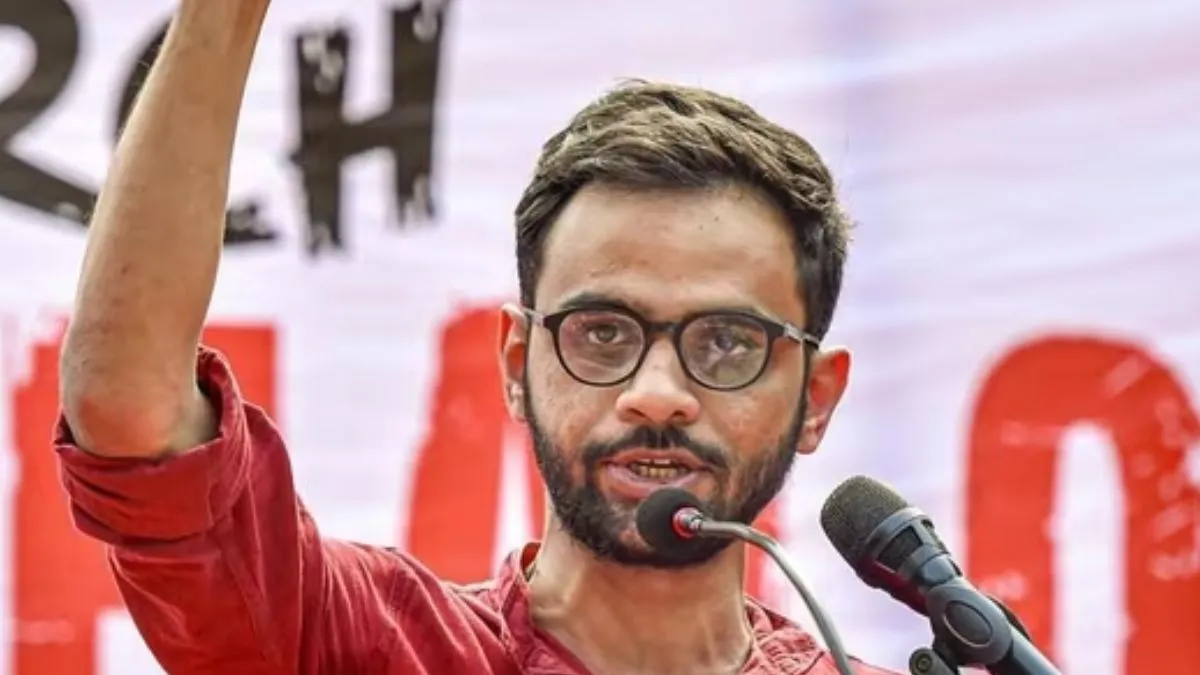- By Aditya Jha
- Tue, 02 Sep 2025 03:25 PM (IST)
- Source:JND
The Delhi High Court on Tuesday denied bail to ex-Jawaharlal Nehru University (JNU) students and activists Umar Khalid, Sharjeel Imam, and seven others in connection with the “larger conspiracy” case related to the Delhi riots in 2020. The court also rejected the bail application of other accused, including Gulfisha Fatima, United Against Hate (UAH) founder Khalid Saifi, Athar Khan, Mohd Saleem, Shifa ur Rehman, Meeran Haider, and Shadaab Ahmed. "All appeals are dismissed," a bench of justices, Navin Chawla and Shalinder Kaur, stated.
While appearing for Khalid, Senior Advocate Trideep Pais stated that the activist did not participate in any criminal conspiracy. Pais further stated that while Khalid was a member of the WhatsApp group that the Delhi Police have mentioned, he hardly sent any messages on the group.
ALSO READ: PM Modi Launches Jeevika Nidhi Initiative In Bihar | What It Is And How It Benefits Women
"Merely being on a group is not any indication of anything wrong, in this case I have not even said anything. I only shared the location of a protest site when someone asked for it. Someone sent me a message. If someone chooses to inform me, it is not attributable to me. Anyway, there was no criminality in the message," Pais stated, reported the Bar and Bench.
However, Solicitor General Tushar Mehta, while appearing for the Delhi Police, stated that the accused tried to divide the nation on the basis of religion. Mehta further stated that all the accused were in touch with each other by the WhatsApp group.
"Umar Khalid and Sharjeel Imam were preparing to divide the nation, cutting the nation on the basis of religion. They are all acting in concert, Gufisha, Umar, everyone - they are in touch with each other by the WhatsApp group and conspiracy is taking place," Mehta emphasised.
The Delhi Police booked Khalid, Imam, and several others under the Unlawful Activities (Prevention) Act (UAPA) and other provisions of the then-existing Indian Penal Code for allegedly planning the Delhi riots that killed more than 50 people.

